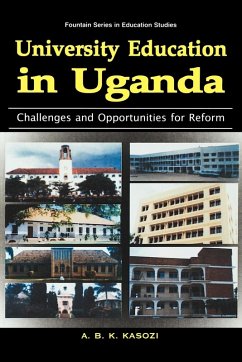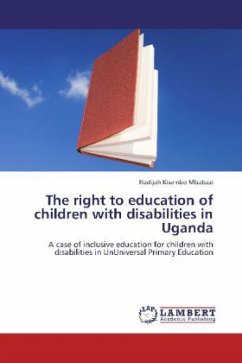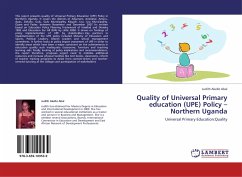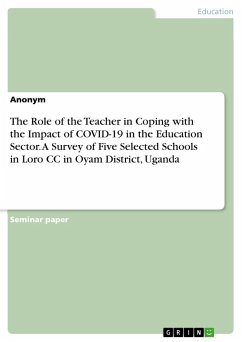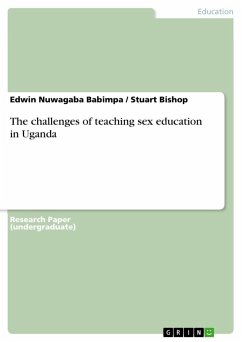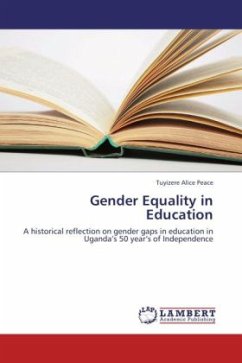Despite the recent expansion of higher education in Uganda, there is still much cause for concern. Enrolment levels lag behind those of much of the rest of the continent; enrolment in technical universities in only one percent; there is no government science and technology policy for highe education despite an identified social need; the new universities are broadly imitating the old colonial models; and there has been little curriculum reform. This study addresses the state of tertiary eeducation in Uganda and proposes reforms in the following areas: university management; how to manage the current two-tier system of public and private universities; institutional capacity; financing and coping with decreasing resources; curricula design which is appropriate to African development needs; how to correct the imbalance of arts/humanities and science students and shortages of academic staff; access to tertiary education; quality of education; and institutional and academic autonomy. The author is Professor of History and Vice-Rector of the Islamic University of Uganda at Mbali. He has published widely on a range of subjects including secondary and tertiary education, Islam in Uganda and social violence.
Hinweis: Dieser Artikel kann nur an eine deutsche Lieferadresse ausgeliefert werden.
Hinweis: Dieser Artikel kann nur an eine deutsche Lieferadresse ausgeliefert werden.

